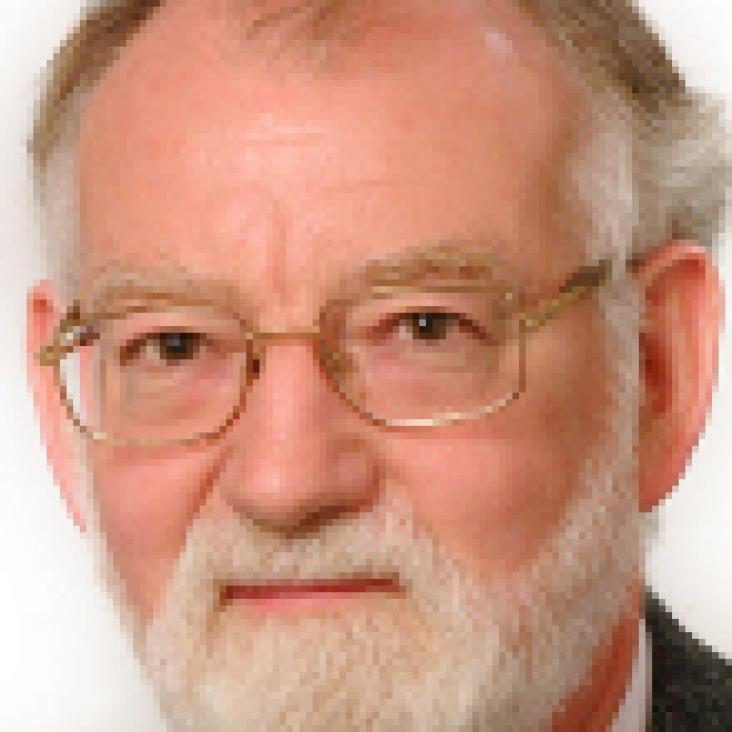Diamond Anniversary of Advances in Physics
ADVANCES IN PHYSICS 60:1 (2011) PII 931921509
No spin glass phase in the ferromagnetic random-field random-temperature scalar Ginzburg-Landau model
JOURNAL OF PHYSICS A-MATHEMATICAL AND THEORETICAL 44:4 (2011) ARTN 042003
Physics and complexity.
Philos Trans A Math Phys Eng Sci 368:1914 (2010) 1175-1189
Abstract:
This paper is concerned with complex macroscopic behaviour arising in many-body systems through the combinations of competitive interactions and disorder, even with simple ingredients at the microscopic level. It attempts to indicate and illustrate the richness that has arisen, in conceptual understanding, in methodology and in application, across a large range of scientific disciplines, together with a hint of some of the further opportunities that remain to be tapped. In doing so, it takes the perspective of physics and tries to show, albeit rather briefly, how physics has contributed and been stimulated.Lord Flowers: 1924-2010 OBITUARY
ADVANCES IN PHYSICS 59:6 (2010) PII 927726568
Quantum mechanical and information theoretic view on classical glass transitions
PHYSICAL REVIEW B 81:18 (2010) ARTN 184303


